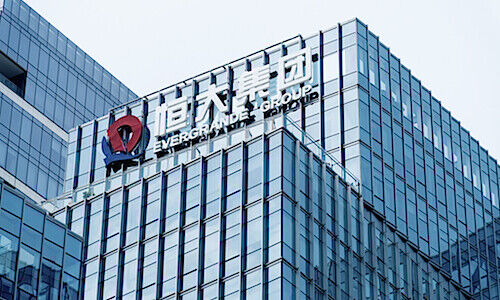Evergrande’s Debt Problems Persist
Chinese property developer Evergrande continues to undergo debt troubles despite ongoing asset sales, senior management changes and more.
Just a few weeks into August, China Evergrande Group has suffered multiple credit ratings downgrades from the likes of S&P (lowered two levels to CCC) and Moody’s (lowered two levels to Caa1 with a negative outlook).
The property giant’s share and bond prices are see-sawing in response to such rating cuts as well as restructuring moves ranging from assets sales, senior management changes and governments commitment to support.
Asset Sales
Earlier this month, Evergrande raised $418 million by selling a stake in its internet services arm HengTen Networks Group.
In the same week, Evergrande confirmed it was in talks to sell other assets including stakes in its new-energy vehicle and property units.
Amongst those reportedly interested were Country Garden and rival China Vanke though they were later no longer in pursuit.
Management Changes
In addition to asset sales, Evergrande has also made major personnel changes at the top.
HengTen Network Group’s chairman since 2017, Ke Liming, was replaced by former Evergrande executive Xu Wen.
Just yesterday, Evergrande founder Hui Ka-yan stepped down as chairman of Hengda Real Estate to be succeeded by one of his lieutenants, director Zhao Changlong who will also take over from Ke Peng as general manager of the property unit.
Government Support
And even outside of Evergrande, moves have been made that could help buoy the troubled property developer.
Last week, China’s central government instructed Guangdong province authorities to map out a plan to manage Evergrande’s debt problems with at least three major creditors already agreeing to offer extensions on some project loans.
Separately, multiple banks in Hong Kong, including HSBC and Bank of China, reportedly reconsidered decisions to halt mortgages linked to unfinished Evergrande projects after being questioned by the HKMA.
Year-to-date, Everegrande’s Hong Kong-listed stock has plummeted over 60 percent to HK$5.26 per share.






















